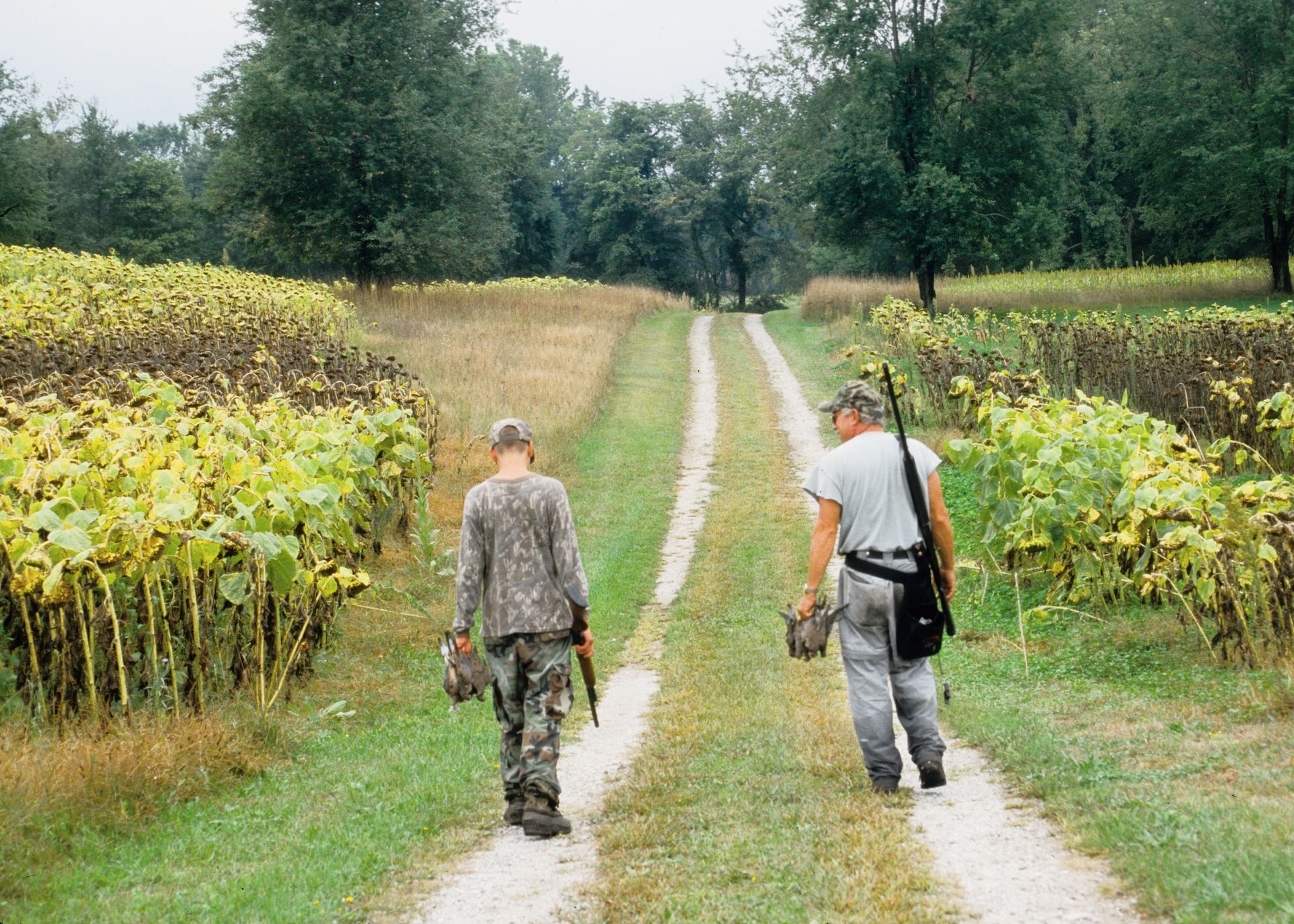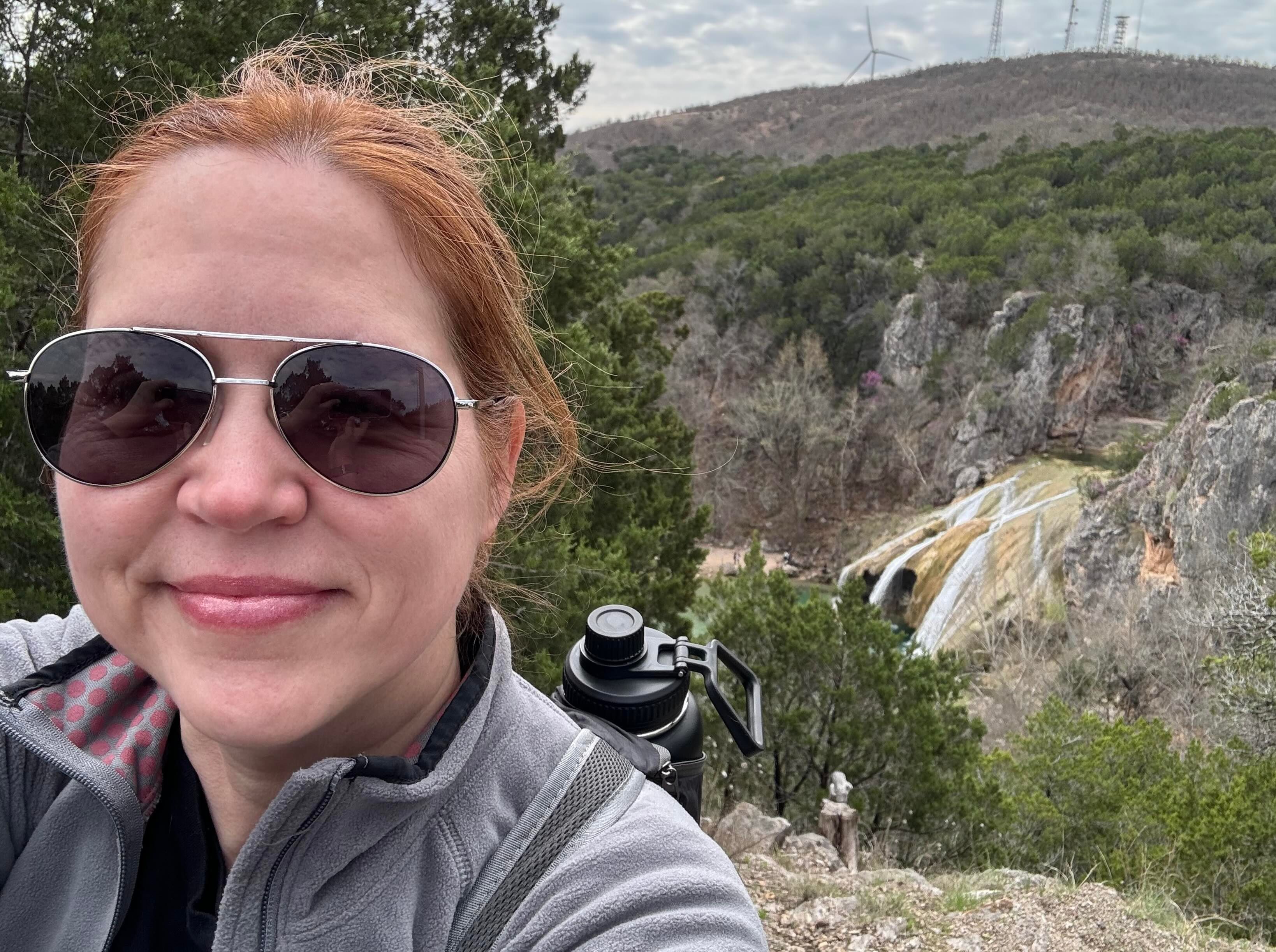The South Carolina dove season marks the unofficial kickoff to fall hunting, bringing wingshooters from all walks of life to the sprawling agricultural fields and managed lands to bag out on birds.
If you're interested in taking on the dove season in South Carolina, then keep reading as we explore the dove season in greater depth, breaking down dates, regulations, and insider strategies to help you kick off the fall season with success.
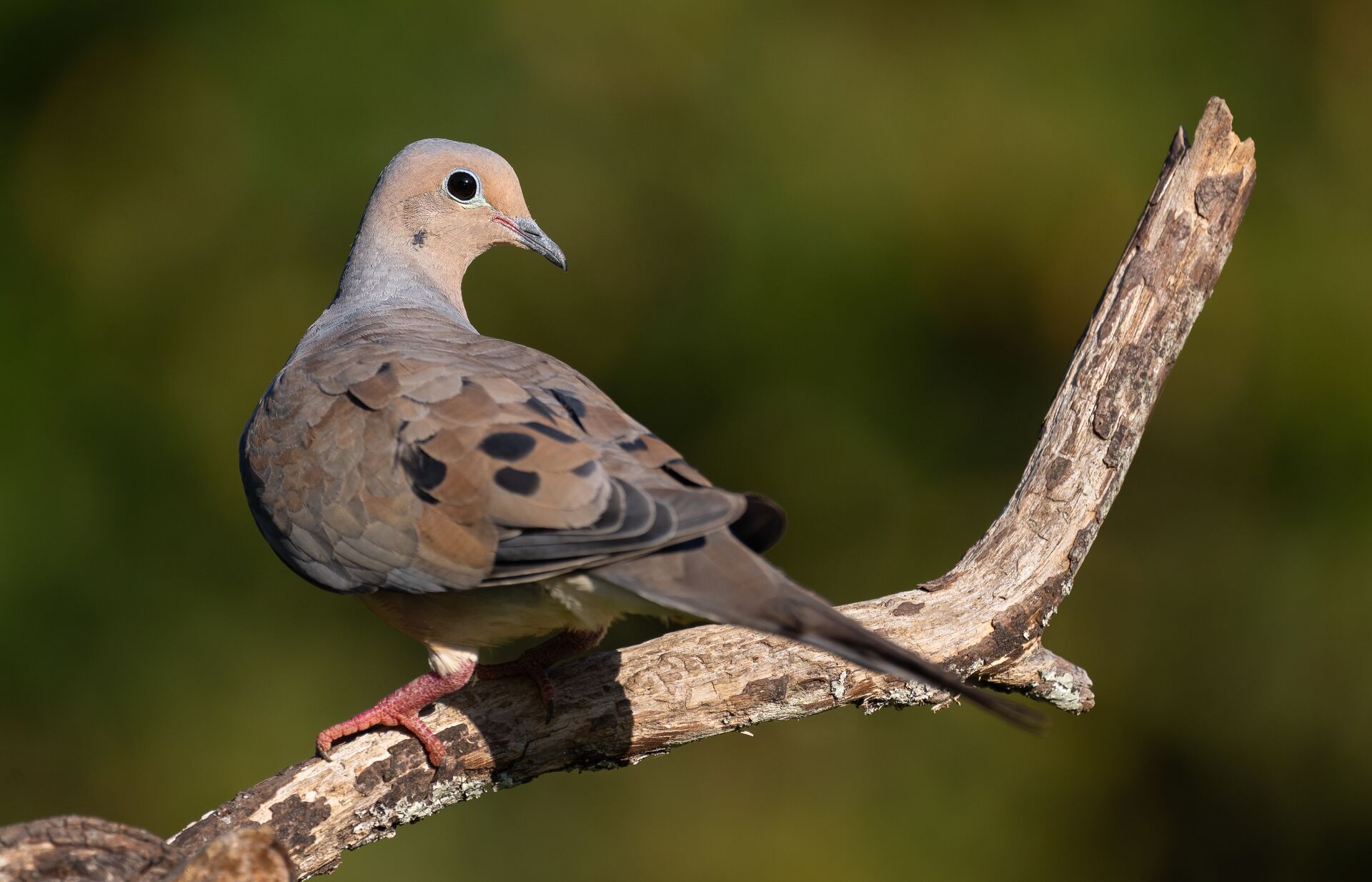
Why Hunt the Dove Season in South Carolina for 2025?
With the Atlantic Ocean to the east and mixed environments carefully managed by the South Carolina Department of Natural Resources (SCDNR), the dove season in South Carolina sees healthy harvest numbers and accessible hunting opportunities for new and experienced hunters.
The dove hunt is a representation of tradition that South Carolinians hold firm and steadfast. These shoots are family-focused, often filled with tailgate lunches, catch-ups with friends and family, and some burnt shells under the warm September skies.
When is Dove Season in South Carolina?
Typically, the South Carolina dove season is broken down into seasons or segments, which are split throughout the fall and early winter.
- The first season opens September 1, 2025, and runs through October 4, 2025.
- The second season is November 15 – 29, 2025.
- Segment three runs from December 22, 2025, to January 31, 2026.
Opening day is often a big deal as it frequently aligns with Labor Day weekend, and hunting is allowed only during the afternoon (usually from noon until sunset). Thousands of wingshooters take to the field to hunt on this day, creating an exciting sense of anticipation for all the fall hunting that is yet to come.
If you get a chance to hunt Labor Day weekend, go for it, as it's an excellent opportunity to take part in the tradition and showcase just what wingshooting in South Carolina is all about.
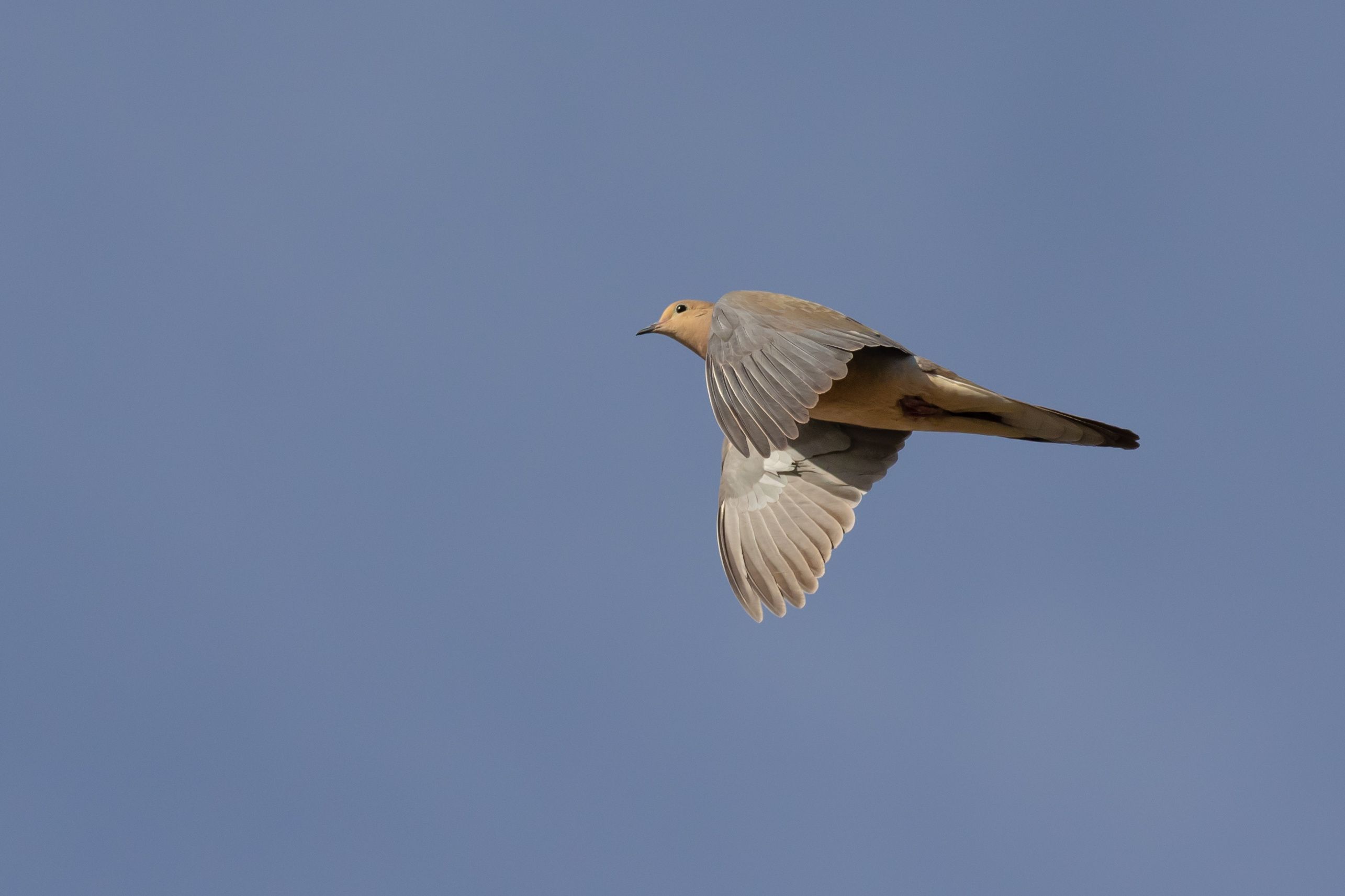
How to Hunt Dove in South Carolina
Finding a prime hunting location is going to be your best bet to kickstart your South Carolina dove hunting plan. Scout agricultural fields (especially sunflower, millet, and corn fields), power lines, and watering areas, as these are highly frequented zones and are permitted for hunting as long as the grain distribution is of regular agricultural practices (there are strict baiting laws in place).
Publicly managed fields are planted explicitly for wildlife and can be accessed during specific hunting periods, as long as hunters follow specific guidelines at all stages. However, since much of the top hunting takes place on private land, such as wheat fields and crops, it may be possible to seek landowner permission to hunt these zones.
Use your HuntWise app to access landowner contact details and consider reaching out to express your interest.
Then, once you've established potential shooting zones, it can help to conduct in-person scouting. This involves walking the fields to mark potential watering, feeding, and fly-over zones, and identifying possible locations for setting up a blind.
Know How to Shoot
When it comes to shooting, stationary pass-shooting is the most common method, most commonly with a 12 or 20 gauge shotgun with improved cylinder choke and #7½ or #8 sized shot.
Early morning and late afternoon shooting in a well-concealed blind with some well-matched camouflage will be your best bet to get onto the highest number of birds.
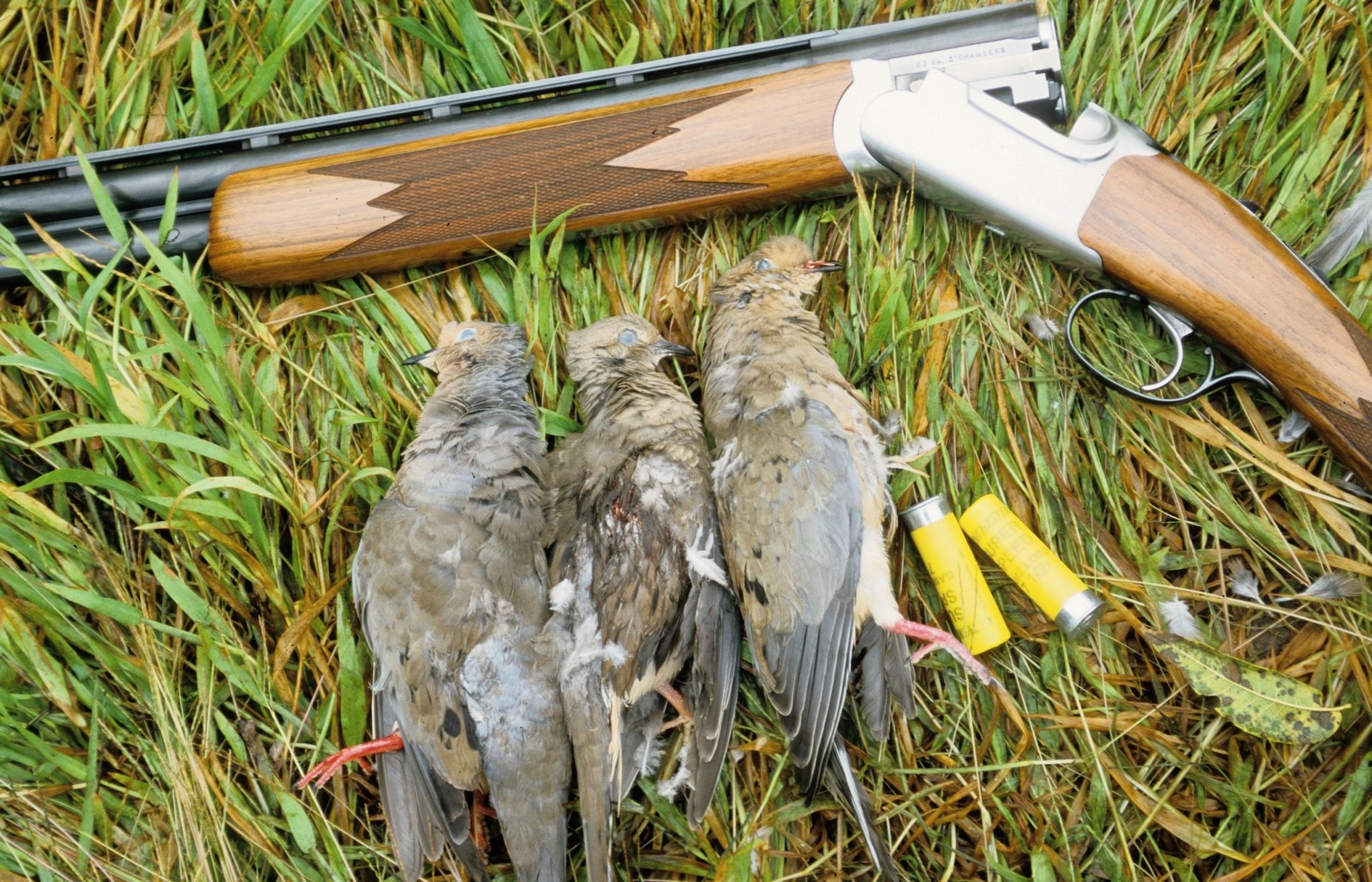
South Carolina Dove Hunting Rules and Regulations
Due to the migratory nature of doves, there are typically both state and federal limits and regulations in place to maintain the bird population and ensure safe and sustainable hunting during the dove season in South Carolina.
To get started, you'll need a Harvest Information Program Permit (HIP), which helps collect critical information on bird numbers. You'll also need a migratory bird permit, which is a federal requirement, as well as a valid hunting license.
Remember: To get a hunting license in South Carolina, you must complete hunter education, unless you were born before June 30, 1979.
Mind the Shooting Hours and Bag Limits
Shooting hours are typically half an hour before sunrise to sunset. However, check for any changes to these hours, especially during special hunts or changes in seasons.
The daily bag limit for doves is 15, with a possession limit of 30, and you can take only one bag limit per day.
Follow Baiting Laws
Baiting laws are strictly enforced, and permissable agricultural fields must fit all legal requirements. However, inadvertent violations can happen. To avoid them, it's best to check with SCDNR, your shooting club, or landowners before hunting, especially over recently planted wheat fields.
Finally, many units offer youth hunts where young hunters can experience dove hunting in controlled conditions under adult supervision.
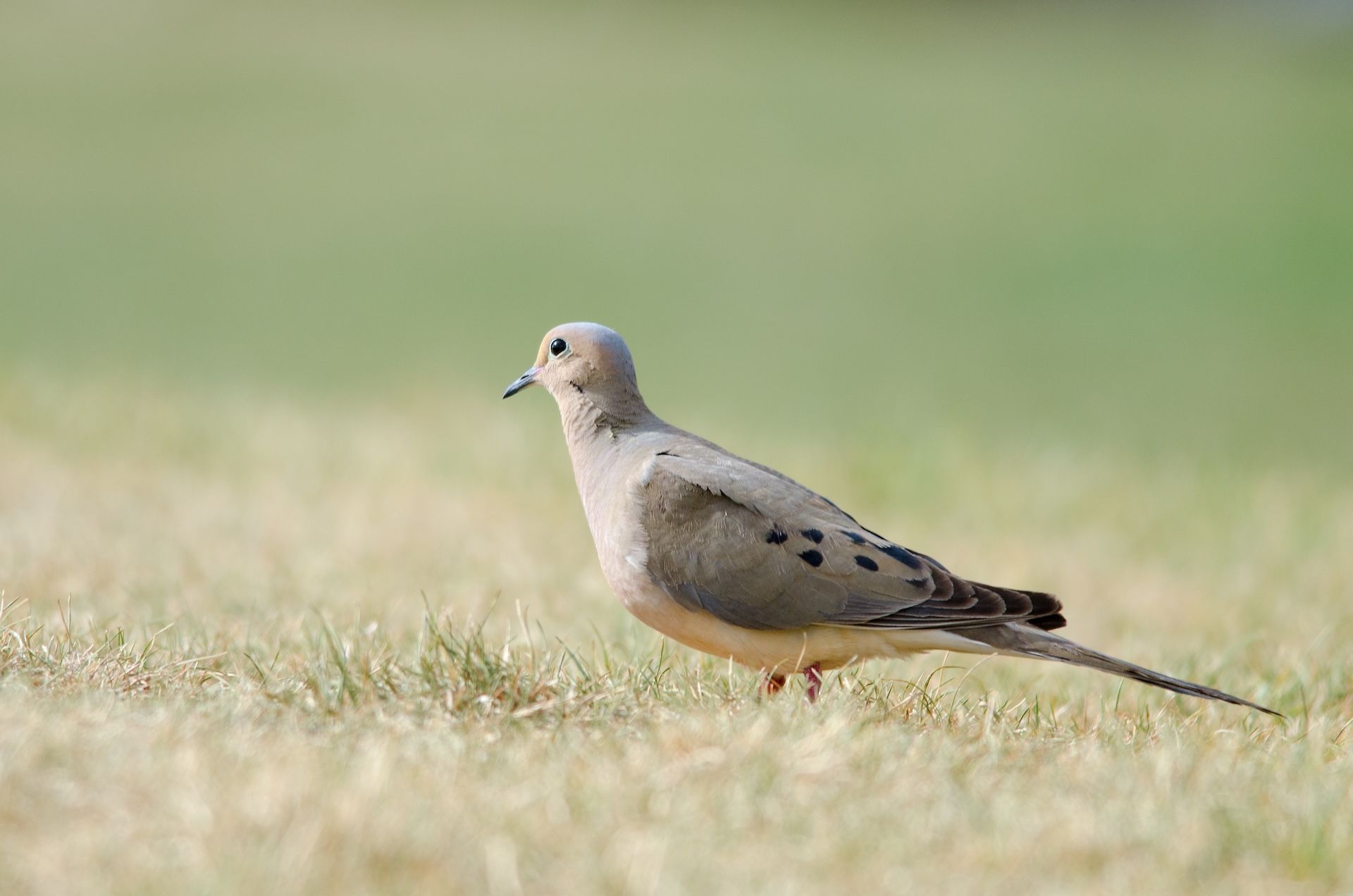
What to Know About Public Dove Fields and Access
The SCDNR manages and opens public access dove fields. These fields are often planted with dove-friendly crops such as sunflower or millet. As you can imagine, these fields can become popular, so many are operated on a first-come, first-served basis, and some require pre-booking or entering a lottery-style system.
A Wildlife Management Area permit is required to hunt these zones. Check the SCDNR website for maps, access dates, and field-specific rules.
Gear and Pro Tips For Success
What dove hunting gear do you need for success? Here are some key items to bring with you.
- Doves are erratic flyers that can twist and shift patterns, making them hard to hit. Pack enough shells, more than you think you need (double-check shell limits, especially for WMAs).
- A dove stool or bucket is an essential piece of kit, especially for extended hunts.
- We recommend ear and eye protection, as well as environment-appropriate camouflage.
- Early September hunts can be hot, so don't forget to pack wide-brimmed hats, sunscreen, and take water and electrolytes if you're prone to dehydration.
Finally, always double-check the most current SCDNR regulations before the season launch, as there can be some final changes. And, as always, keep HuntWise handy, as weather patterns can shift quickly, which will impact your hunting.
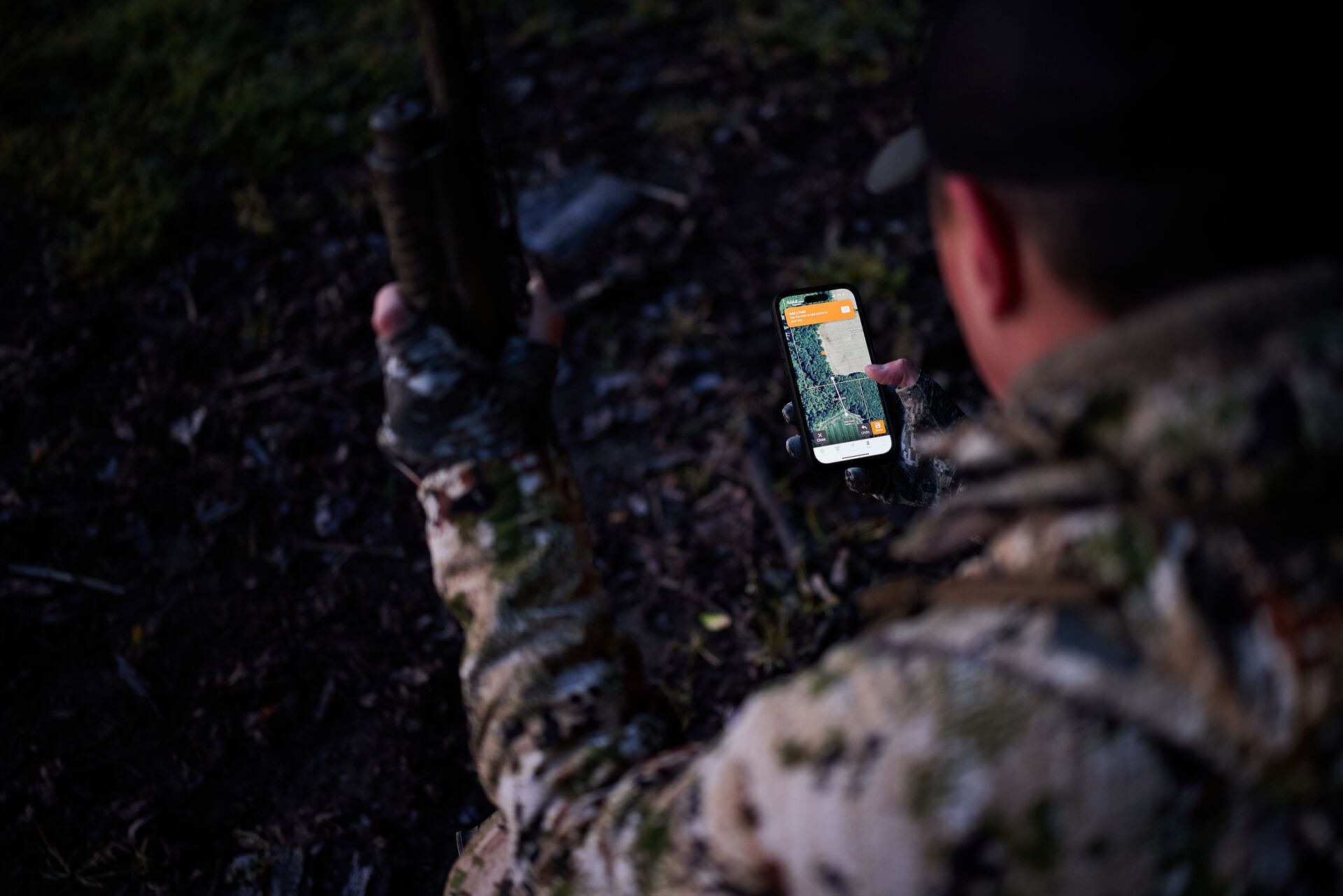
Make the Most of South Carolina Dove Season With HuntWise
For excitement, classic shooting, and the opportunity to enjoy some world-class dove hunting, don't miss the South Carolina dove season. With plenty of opportunity, carefully managed lands, and a supportive community, there's a lot to love about this season starter.
For weather insights, mapping overlays, private landowner contact details, and everything else you need to bag out of doves, download the HuntWise app! Scout and plan your hunt, then enjoy the hunt this season.
Download HuntWise to start planning and get your first week free.
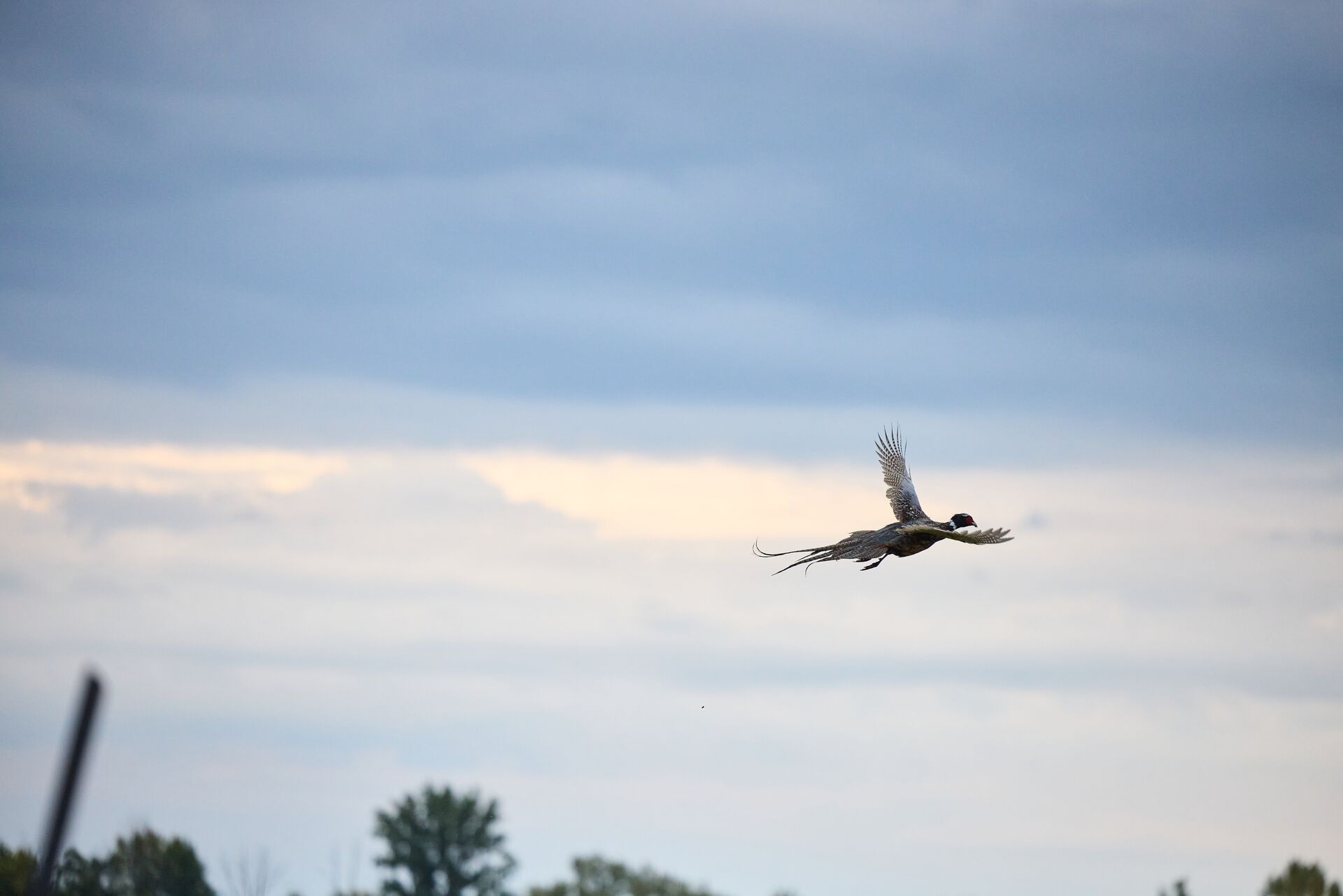
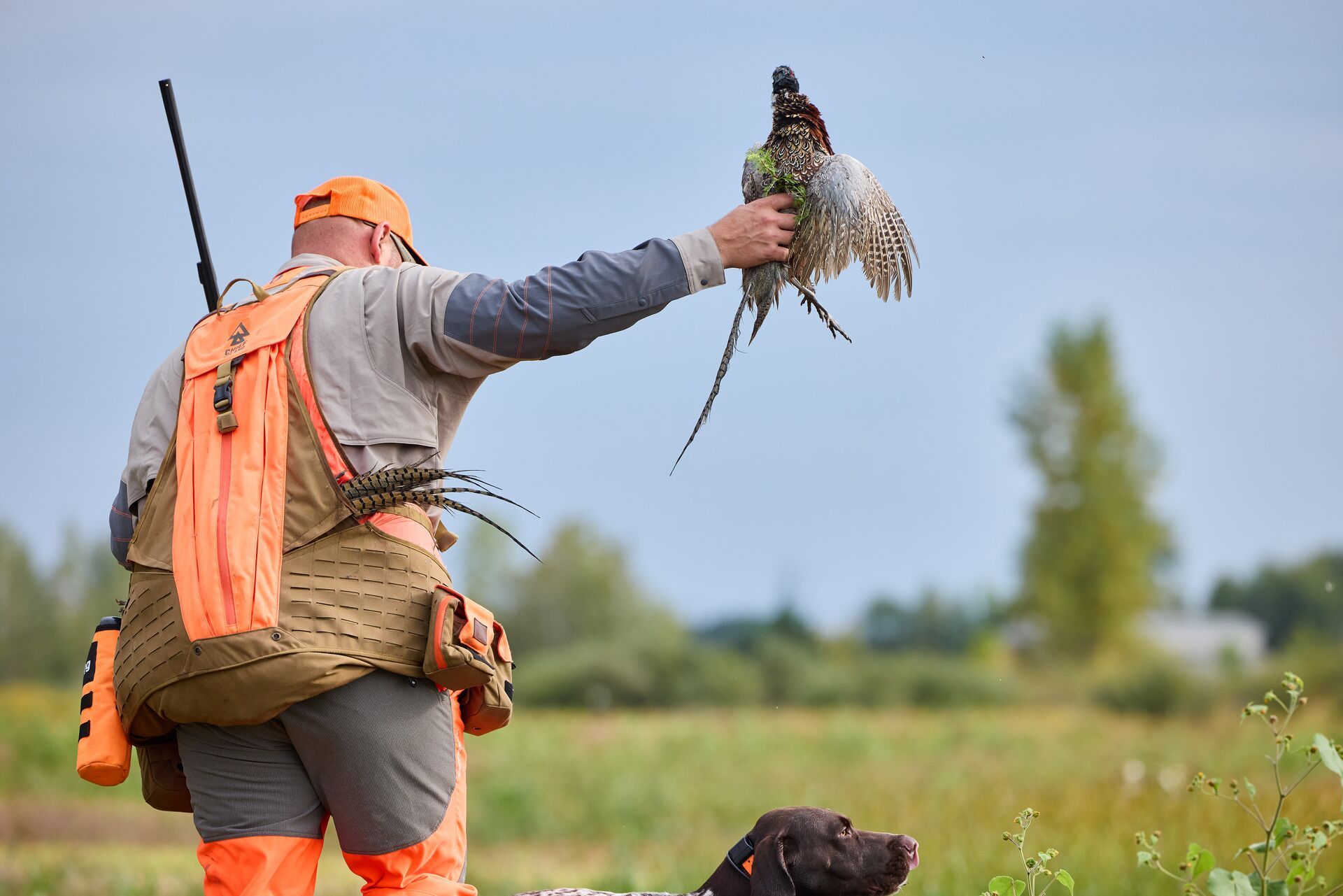
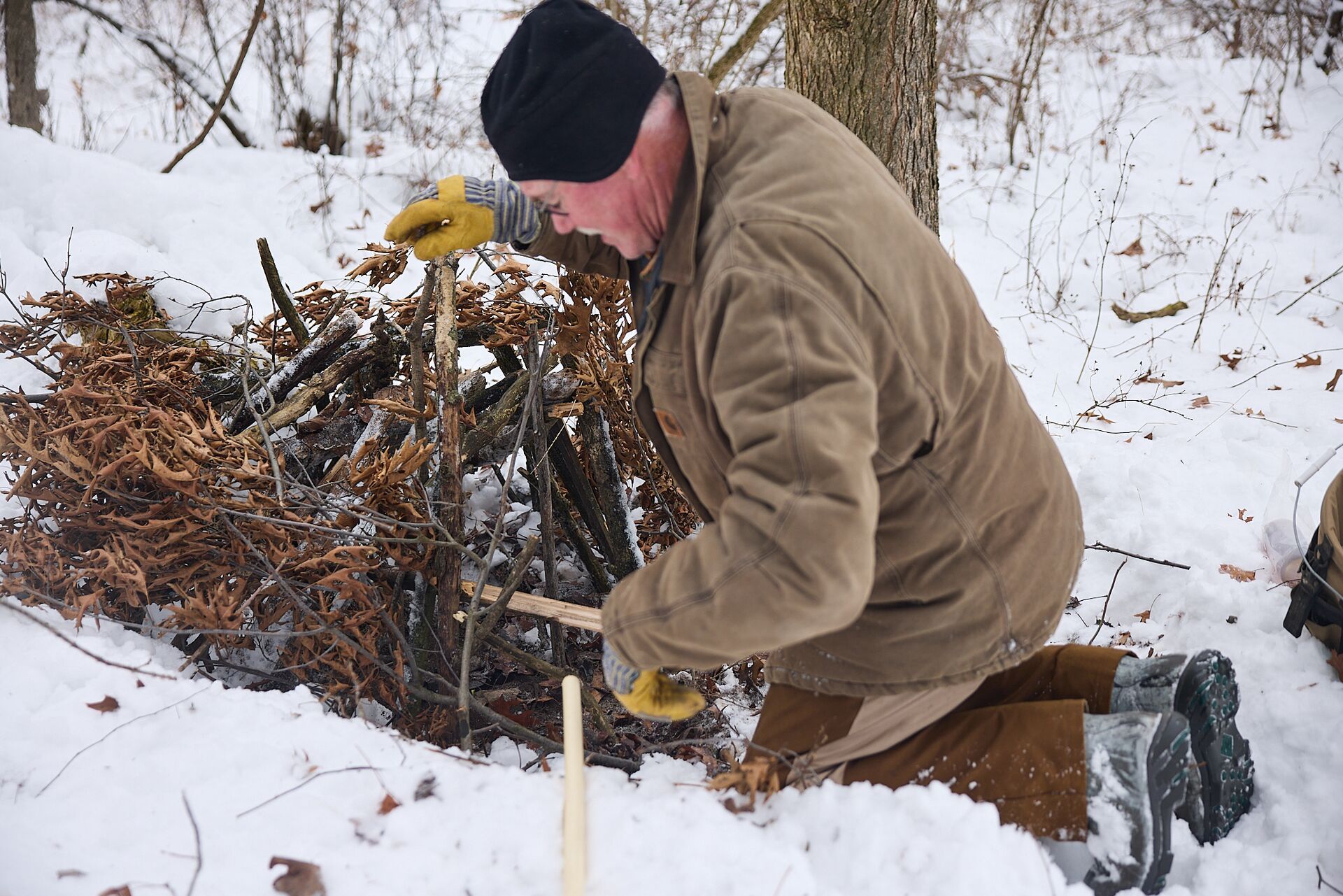
 Small Game
Small Game Small Game
Small Game Small Game
Small Game